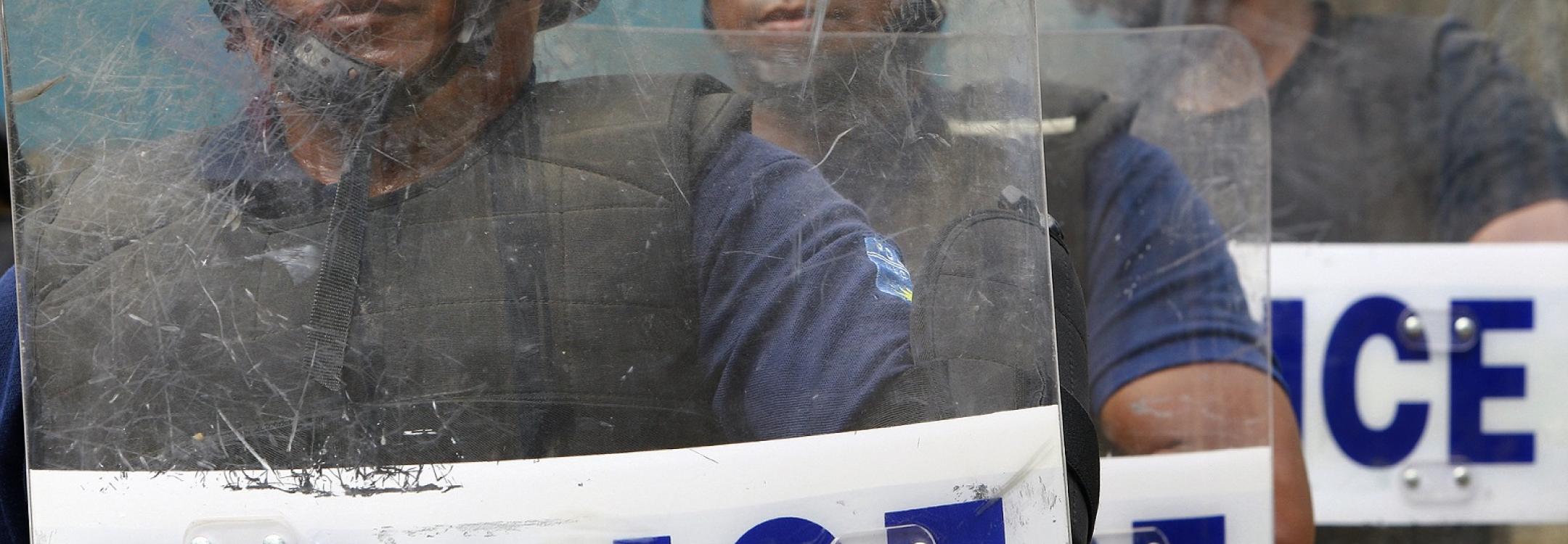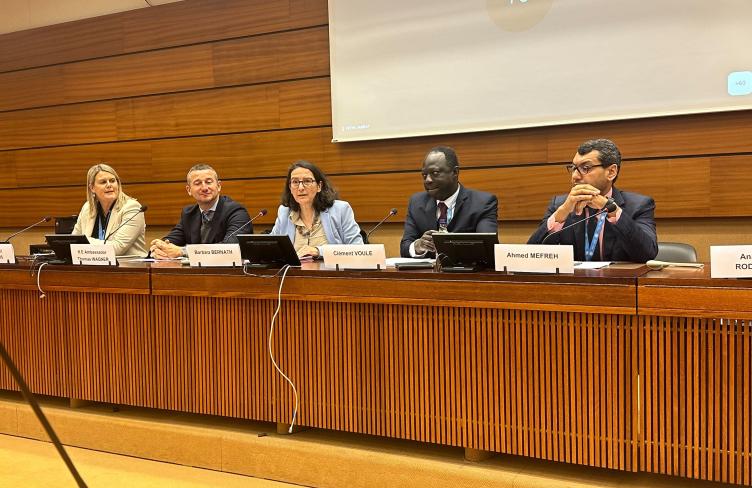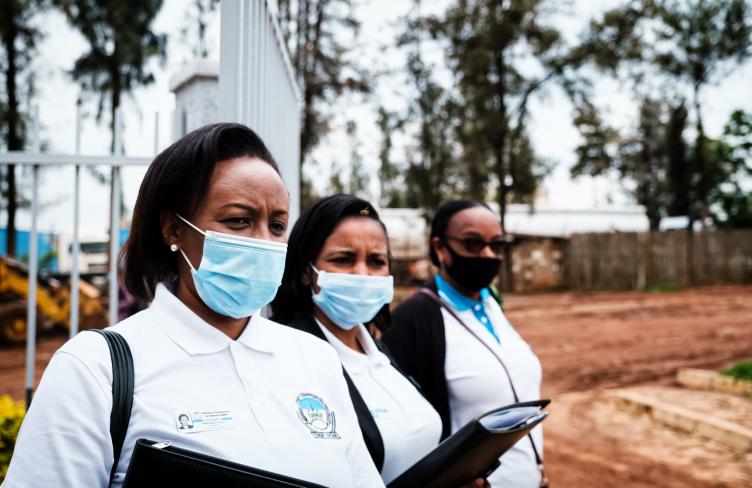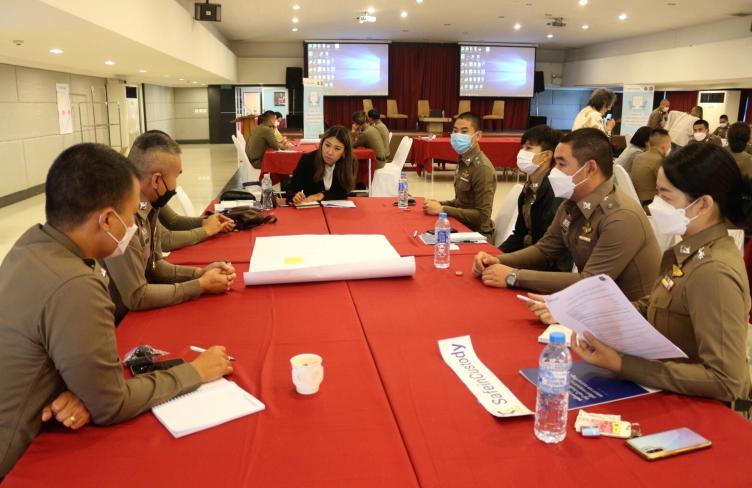
Pursuant to the 2016 Human Rights Council Resolution 31/31, which enumerated a series of key legal and procedural safeguards for police custody and pre-trial detention, the OHCHR hosted a one-day intersessional seminar on the implementation of effective safeguards to prevent torture during police custody and pre-trial detention. The seminar provided an important opportunity for stakeholders to review and discuss good practices in the implementation of safeguards by States, including on a number of key APT priority areas, such as the right to the presence and assistance of a lawyer.
On the subject of police interviews, Norwegian Police Superintendent Asbjørn Rachlew issued a strong call for a change in mindset among law enforcement officers and a move away from coercive confession-drive interrogation tactics to a more effective human rights-compliant model of investigative interviewing. Together with the Special Rapporteur on Torture (SRT), Nils Melzer and other participants, Rachlew called on States to support the proposal of former SRT, Juan E. Méndez to develop universal guidelines on investigative interviewing and attendant legal safeguards.
“We have to teach our detectives to think differently. We have to provide them with knowledge and methodology that stimulates them to actively generate and test alternative hypothesis, not pursuing information confirming their belief of guilt.” Norwegian Police Superintendent Asbjørn Rachlew
Participants highlighted the crucial role of the judiciary in the implementation of anti-torture safeguards, whether on the part of judges, prosecutors, or lawyers accompanying clients during the time of police questioning. José Antonio Dias Toffoli, the Vice-President of the Supreme Federal Court of Brazil, presented the results of an initiative on custody hearings, which is being implemented by the National Council of Justice. From the introduction of custody hearings in February 2015 up to June 2017, over 250,000 detainees were brought before a judge within 24 hours, leading to a reduction of 45% in the pre-trial detention of the individuals who benefitted from these pre-trial hearings. Harnessing further the high potential of custody hearings would significantly contribute to preventing torture in the country.
The essential role of National Prevention Mechanisms (NPMs) in monitoring the implementation of safeguards in practice was also underlined, in view of their extensive powers of access to all places of detention, to all persons deprived of liberty, and to all registers. Private interviews with detainees, including at later stages of the criminal justice process, enable NPMs to check upon the reality of safeguard implementation in practice. This remains a difficult task for NPMs, and the APT is committed to its ongoing support for NPMs aiming to develop relevant skills in this regard.
The programme and/or recording of the event is available here.



